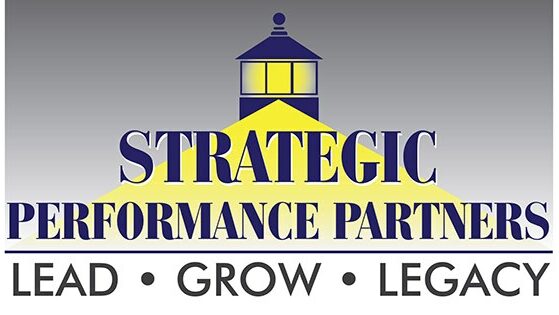
Over 50% of our team members today feel disconnected from the managers for whom they work. Can feedback provide your privately held business an edge? How can you create stronger relationships with your best team members? I was listening to an interview with Jack Welch in this June’s Success magazine. In it, he shared a secret that provides all entrepreneurs an edge. He talked about why feedback is so important to your growing business. This interview got me thinking why feedback is so critical to your organization’s success.
As always, Jack’s ideas may seem simple, but execute them well and you have a tool that can accelerate growth and profits beyond your wildest dreams. A big promise, I know, but Jack doesn’t just talk about success, he’s sharing with us what he’s actually done. I think sometimes people forget that he also helped create and implement a number of innovative business strategies that allow organizations to capitalize in their markets. When Jack took over General Electric, they were a highly fractured organization with many different businesses that served many different markets. His first strategic move was to decide that if GE was going to be in the market, they had to be in the top two or get out.
To implement this decision, he had to come up with a performance system to evaluate his employees on a regular basis. He also had to develop a culture that rewarded his high performers and let the non-performers know that low performance was no longer acceptable in the organization. He helped his managers become good at performance reviews and excellent at providing feedback to all members of their teams on a regular basis. This included having his senior managers become more connected to other leaders within their organizations.
Two of the key success factors in feedback are; it must be happening all the time and it cannot be personality driven. Good feedback must reflect the objectives and strategies of the business. The culture must be built on honesty and a willingness to have the tough conversations with other team members. For an organization as old as General Electric, it had become easier not to confront bad behavior and just allow them to move elsewhere in the organization. This was good for the manager, but not good for the organization’s success.
The third success factor was if you want to be critical of your employees you must be willing to increasing your training and development time across the organization. People must have a clear understanding of what is expected of them as well as how to do what needs to be done. Jack helped create a world class training and development function within GE. He got his best performers to share their expertise and leadership within others in the organization, both in formal training meeting, and with fellow team members on calls and discussions. The key Jack strove for was transparency and candor.
The final success factor is if you spend time identifying low performers, you must help them understand that you will do everything you can to help them succeed. If they cannot thrive in this environment they may want to look for another place to work. Jack also shared another key concept in feedback; great people love feedback when it challenges them to higher performance in their daily roles and responsibilities.
There are many kinds of feedback. We will discuss feedback in a future blog, but one of the kinds of feedback I see missed by many smaller business leaders is positive feedback. It’s easy to tell people how they might improve. For some reason, it is harder to tell great employees how much you value their performance and that of their teams. If you’re going to be critical of low performers you must willing to praise high performance.
Some older school leaders do not believe in positive feedback fearing they may create some kind of megalomaniac by providing positive feedback to their stars. When I work with family businesses, their founders struggle to relate positively to their family members, fearing charges of nepotism. I have found nothing can be further from the truth. Invest time in praising high performance across the organization and you get more high performance from your team members.
Want to keep you best team members? Make it part of the manager’s compensation plan to help retain the best employees. Great contributors can provide results that are several times larger than a good employee. Your business success is in direct correlation to your ability retain and leverage your high performers. So be willing to compensate in direct correlation to the contribution they make to your team.
You can find order a copy of this months Success Magazine here or at any major book store.
Would you like to know more about Jack Welch Management Institute?
See you here on Thursday, when I share several secrets to building a high performing team. See you then.
